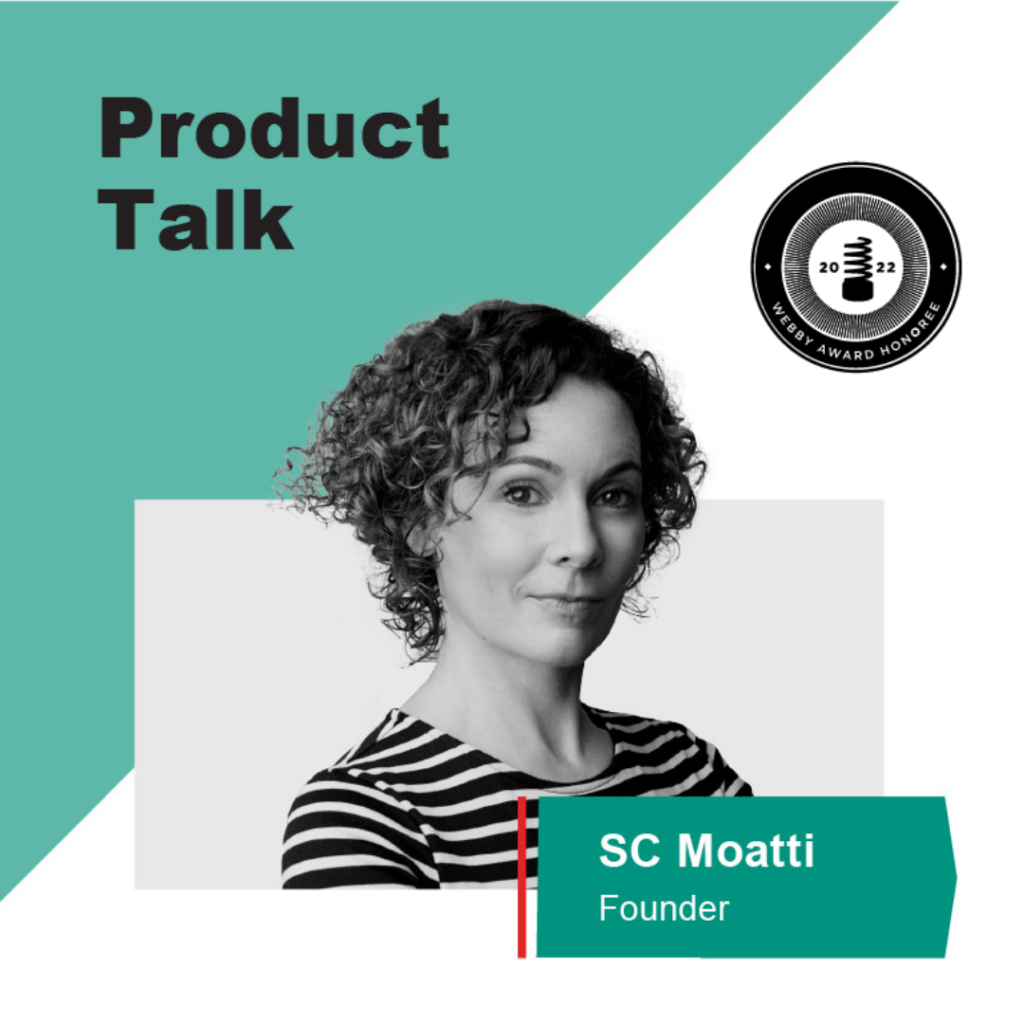The internet leveled the playing field in many ways. Consumers and employees alike now have a larger voice, leading companies to be impact-aware, and to care about more than just the bottom line. In an increasingly ethical marketplace, how do product leaders build integrity into the heart of company culture? nate Product Marketing Lead Patrick Blute sits down with Airbnb Former Chief Ethics Officer Rob Chesnut to discuss conscious consumerism and the evolution of integrity in tech.
On the heels of the internet came social media, and with it, a platform for empowered speech available to all. Consumers and employees alike now use the keyboard as a bullhorn, driving much-needed change across industries and workplaces. Of course, change times time, patience, and commitment by all. Rob Chesnut, Former Airbnb Cheif Ethics Officer, joins us on Product Talk to speak on his long career heralding integrity and ethics within company cultures.

On integrity in the workplace
Integrity is a word that holds its weight in numbers. When a company does the right thing, its rewarded by consumers with higher profits. When it veers south, the customer likewise takes notice, and it reflects in the bottom line. Rob recounts how he found his way into the world of ethics and why integrity is a major player in today’s market.
“It started about four years ago when I was the general counsel at Airbnb. I really started to sense that the world was changing. I saw that a lot of companies were being called out, their leaders and celebrities, for bad behavior. It struck me that the bar is raised. Now, the world needs more from companies. I think there are a lot of complex problems in the world, and we need companies to step up and solve them.”
“Just making money and hitting a quarterly profit number – that’s what companies have been doing for decades. Along the way, there has been a lot of collateral damage, and I think a lot has been brushed aside in that race to hit that number. I think we’re finally realizing that that’s not the best model for business anymore.”
“Sure, we need business to make money and be profitable, but we need them to do it in a manner that’s ethical for everyone associated with the business. My journey really started with that realization. So, I asked the question – how do you drive integrity into the culture of a company?”
On the evolution of ethics in tech
“For a long time, all we wanted companies to do was make money, it was called shareholder value, right? So anything was good, as long as it was done in the name of shareholder value. The problem with that, is in the pursuit of shareholder value, companies are doing bad things to the environment. They are not always treating employees, contractors, or even customers, the way they should be treated. Basically, we need a better model for capitalism.”
“We need a better model for capitalism. Now, I think we’re starting to adopt this idea of stakeholder principles. Meaning, as a company, you owe something to your investors to give them a fair return. However, we’ve also got an obligation to our employees, our customers, and even to the world at large. Every company needs a purpose, and profit is not a purpose. Profit is a byproduct of running a successful business.”
On integrity as a value-add
When you tell the story of your life, you often tell it through the places that you’ve worked. So, you want to feel that when you’re going to work every day, you’re doing something good for the world. In the past, employees were quiet when they saw things they didn’t like, and maybe they didn’t feel like they had any power. Today, the internet has empowered employees.”
“We are in an age of conscious consumerism, where consumers want to do business with companies that have values similar to their own. If a company is doing something that a consumer doesn’t like, they’re taking their money somewhere else. So you’ve got all these forces now pushing companies to bring value beyond just shareholder value.”
“You don’t have to just go to a company and say, do this because it’s the right thing to do. The data is demonstrating that companies that are perceived to have a purpose and are acting with integrity, they’re actually outperforming their competitors. They’re outperforming the market. So, if you want to build a company that is going to really maximize its financial potential, you need to focus on having integrity as a key part of what you do. In other words, there’s value in values.”
Rob Chesnut is a leader in the world of workplace ethics. Rob Chesnut currently serves as Advisor to Airbnb, where he formerly held the title of Chief Ethics Officer. He is an experienced general counsel, board member, and advisor to tech companies such as Uber, Turo, and Poshmark. As former Senior Vice President of General Counsel at Chegg, he managed a legal team with responsibility for all legal and governance activities globally, including corporate, litigation, intellectual property, contracts, marketing and human resources. Rob is a former Federal Prosecutor, lauded for his skills in Leadership, Management, Fraud Investigations, and Workplace Ethics. A graduate of Harvard Law School and University of Virginia, Rob is also the Author of Intentional Integrity, published July, 2020 by St. Martins Press
Make sure to check out his book, Intentional Integrity, to gain further insights on how ethics plays into the success of companies in contemporary culture.
About the host
I am the Director of Brand & Sustainability for Transfix, a leading transportation solutions provider, combining tech and a best-in-class carrier network to reshape the future of freight. I am also a host for Product Talk helping bring product leaders together to answer the question: "What makes a great product?"